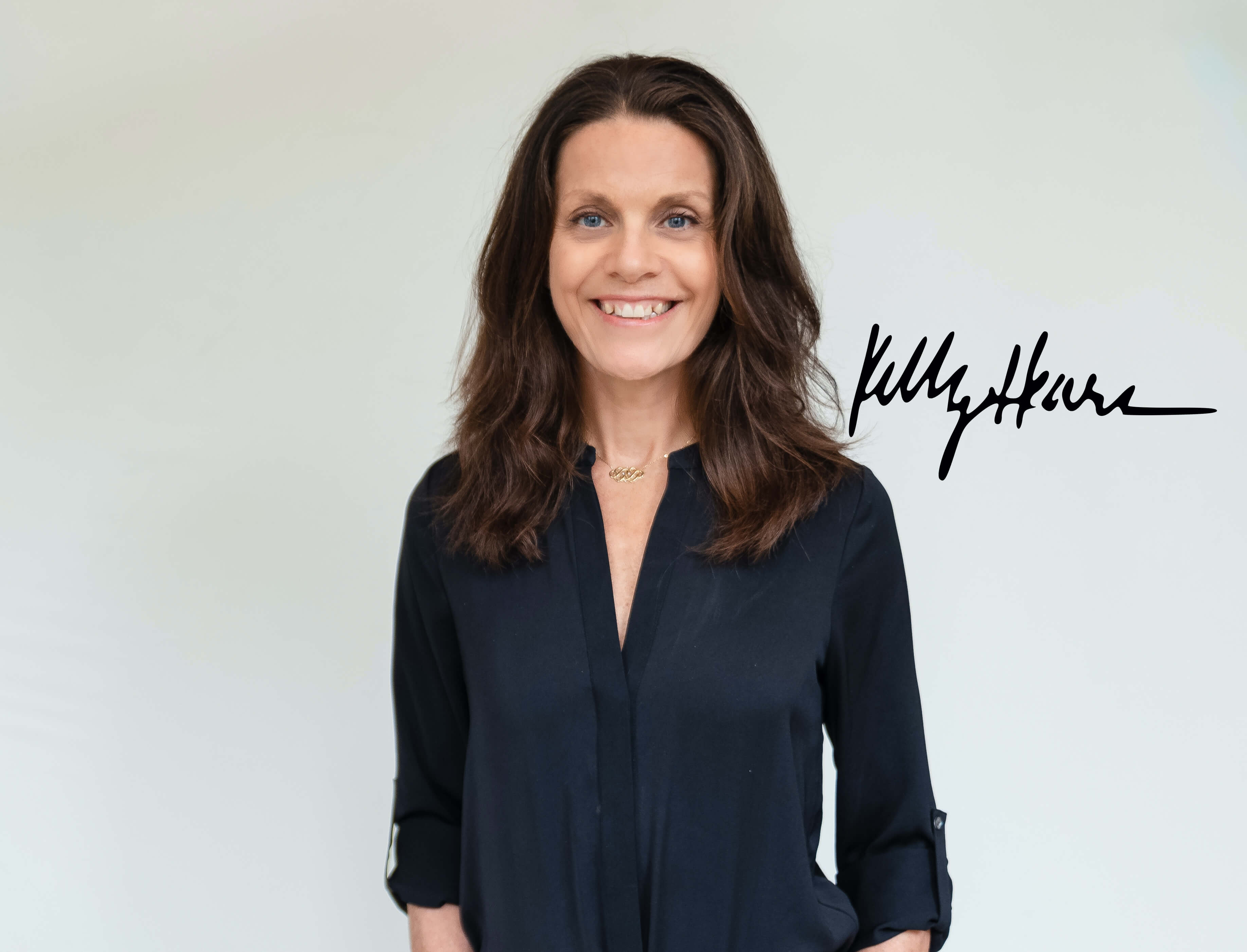Dear Therapist,
My husband recently initiated a conversation about open relationships and whether we should consider nonmonogamy. I confess I was shocked but am not totally against the idea. We have been married fifteen years and have a loving relationship but the sex is infrequent, mostly on holidays. He says his needs aren't being met, and while I'm sympathetic to this, I'm also too exhausted to think about sex a lot of the time. Maybe opening up the relationship makes sense?
Signed,
Curious
Dear Curious.
I'm glad your husband has started the conversation about your sex life. Physical intimacy is a pretty important component of most romantic partnerships and yet communication on the topic is often lacking or problematic. Being able to openly discuss the physical side of things - provided it's done with curiosity and consideration for differing perspectives - also fosters emotional intimacy. Addressing challenging topics head-on starts the process of unravelling them, and restitching them differently. So before even considering opening up your relationship, I would encourage you to thoroughly explore what is going on between you two and for you, individually. I'm curious about the regular exhaustion you mention, for example. This must be affecting more than just sex and feels important to address.
Your husband has offered one suggestion to what appears to be differential desire, and consensual nonmonogamy is increasingly seen as an attractive one as our culture embraces more models of relationship. While this freedom may feel liberating, it also comes with the responsibility to take care of yourself; to get really clear on what is realistic and preferable for you and your couple.
Many people intrigued by ideas of newness, variety and increased pleasure are instead overcome by resurfacing attachment wounds, jealousy, and resentment as the reality of nonmonogamy proves far more complicated than the fantasy. Intimacy is rewarding but challenging - we are faced with differing needs, desires, priorities, values. Being in relationship requires us to make space for our own, and those of our partner s . Adding more competing perspectives to the mix increases the odds for disappointment and confusion. Allocating time and energy to new partners can also displace that needed to put fuel in the tank of the existing relationship.
In my client work, I have seen nonmonogamy work for some couples, albeit for far fewer than those who try it. A key factor to consider is the strength and stability of the primary relationship. Where the love, commitment and communication are solid, this can create a 'secure base' from which to open things up. I find this isn't the usual starting place; far more frequently, I see couples wanting to use nonmonogamy to sidestep challenging issues in the couple. Opening the relationship is seen as an appealing 'quick fix' over the more difficult work of intimacy. In these cases, the move tends to exacerbate any existing cracks rather than fix them. It also deprives both partners of the personal growth that intimate relationship affords.
I would also be honest with yourselves whether you have the dispositions for nonmonogamy - the temperament and relational style including any potential attachment wounds that may be activated . Should you decide to test the waters of nonmonogamy, clear communication, planning and boundaries around what you are deciding are essential. Consensual nonmonogamy is an umbrella term for various relational configurations in which a couple is not sexually or romantically exclusive. You'll want to have detailed conversations specifying what you are signing up for and revisit these agreements regularly. What is decided at the outset can shift and change as individuals explore options and get new information.
Yours,

Do you have a question for Dear Therapist? Send it to [email protected] with Dear Therapist in the subject line and Charlotte Fox Weber or Kelly Hearn will get back to you.

